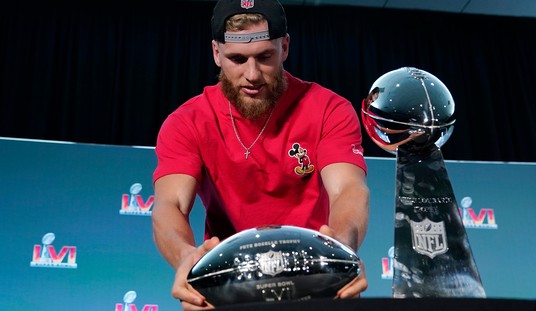Jill Knapp begs us to “Please Stop Asking Me When I’m Going to Have Children.”
Being that I am still a newly-wed and have just moved to a new city, I am in no rush to have a kid. This is an unacceptable answer to a lot of people. The constant reminders that your clock is ticking and that you don’t want to be confused for your child’s grandparents when they grow up are not making us move any faster. Having children is a big responsibility.
What Jill doesn’t understand is that her fertility is not subject to whim or wishful thinking. Her chances of getting pregnant decline rapidly after 30. By age 40, less than 5 out of every 100 women will be successful at conception. When the Jills of this world decide they want children at 36 or 38 or 42, they enter a long, often fruitless quest for safe pregnancy and childbirth.
Men achieve fertility at 12 years old and can father children all the way to 96. Women have a narrow fertility window of around 16 to 40. That’s a fertility gap of up to fifty years!
Noted feminist Camille Paglia hits the nail on the head in “Put the Sex Back in Sex Ed,” when she argues that women are not properly educated about their limited fertility. Instead, this subject is ignored, leaving girls like Jill with the impression that they should enjoy their twenties like men do, partying and traveling and working at a profession, and when the desire for a baby strikes they’ll be ready.
That’s male thinking. This doesn’t work for women. The lack of education about the fertility gap leaves many women in a desperate race to conceive at the end of their fertility cycle. Young women must be educated about the fertility gap. It’s not fair, it’s not equal, and it’s not subject to wishful thinking. If women want to be mothers, they have to start thinking like women and stop acting like men.
###
Images courtesy of Shutterstock: wavebreakmedia











Join the conversation as a VIP Member